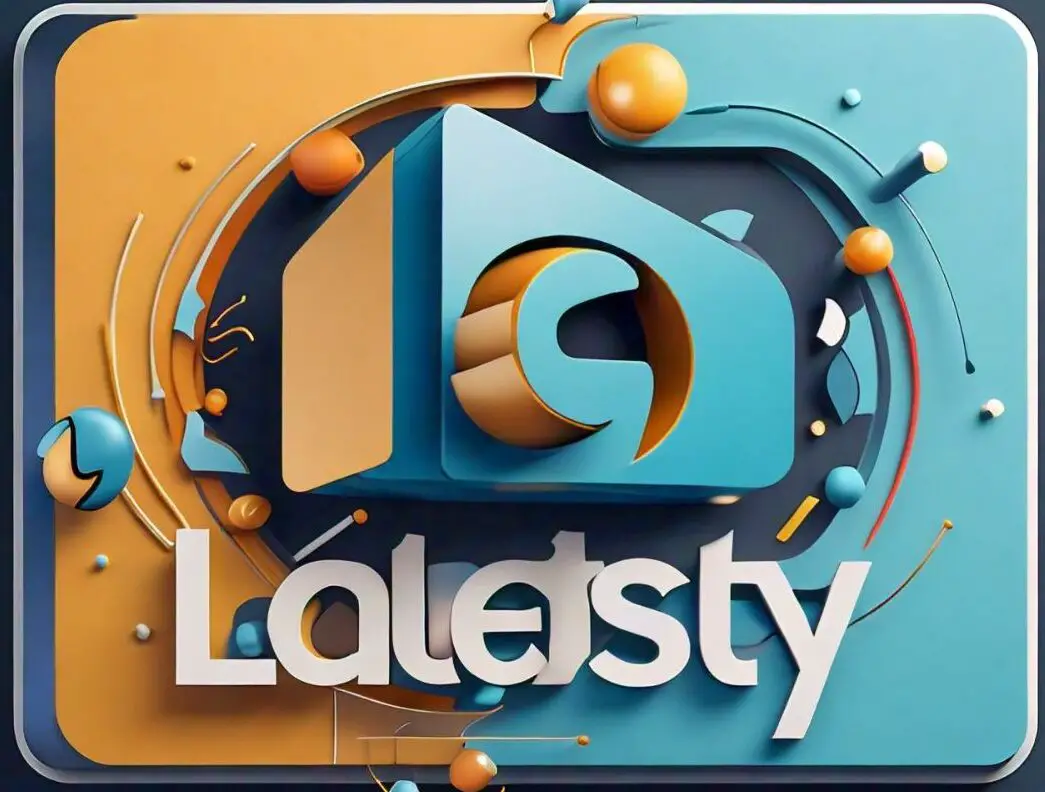Australia’s human rights commissioner has sounded the alarm on the teen social media ban, warning the “framework” legislation and rushed consultation process have restricted debate about the bill’s impact on children and adults.
This week, human rights commissioner Lorraine Finlay became increasingly vocal about her concerns regarding the federal government’s proposed restrictions on Australians under the age of 16.
Speaking to Crikey, Finlay shared her serious reservations about the bill, introduced to Parliament on Thursday, and the snap decision to send it to committee, which will report back on Tuesday after accepting submissions for a day.
“There is a greater need for a broader discussion,” she said over the phone. “[The bill] is being rushed through and we haven’t had a chance for this discussion.”
Prior to the legislation being introduced, Finlay had said there was reason to believe a teen social media ban would harm some of the most vulnerable and marginalised children.
“So simply banning them from that actually removes a really, really important safety net for them, and we don’t think that has been properly thought through,” she said.
But beyond discussions of the direct harms of young Australians on social media, Finlay said she was concerned not enough attention was being paid in public debate to the rights of children that the ban would restrict.
“Kids have the same rights as everyone else when it comes to things like freedom of expression, freedom of association, right to education and health. This ban actually impacts on all of these things,” she said. Finlay also raised that enforcing the ban through age verification and assurance schemes means the rights of adult Australians could also be impacted.
The bill, which leaves decisions about the policy’s enactment to the communications minister and eSafety commissioner, “raised more questions than it gave answers”, Finlay said.
She said that Communications Minister Michelle Rowland “effectively dismissed” concerns about the implementation of the policy by saying that privacy concerns were addressed in the bill. But to Finlay’s eyes, there wasn’t much that would allay those fears.
Finlay said there was a clash between the government’s promise that Australians could trust that privacy protections would be a bulwark as the ban’s details are hammered out, and its acknowledgement that Australia’s privacy framework isn’t fit for the digital age.
“We seem to be saying two contradictory things when it comes to privacy law in Australia, and it’s actually a really important point to sort out before the legislation is introduced, because we need Australians to have confidence in the way this will be implemented,” she said.
Raising the government’s promise of a 12-month lag before implementation in contrast with the snap parliamentary report, Finlay called the government to provide more details regarding the teen social media bill before asking Parliament to pass it.
“This is an area where you absolutely are being asked to place an enormous amount of trust and faith in both government and the tech companies in the way they’ll actually apply these frameworks. And unless we understand fully how they’re going to work, we can’t have that trust and confidence,” she said.
The Senate standing committee on environment and communications will accept submissions for the inquiry into the bill until the end of today.
Have something to say about this article? Write to us at letters@crikey.com.au. Please include your full name to be considered for publication in Crikey’s Your Say. We reserve the right to edit for length and clarity.

Leave a Comment